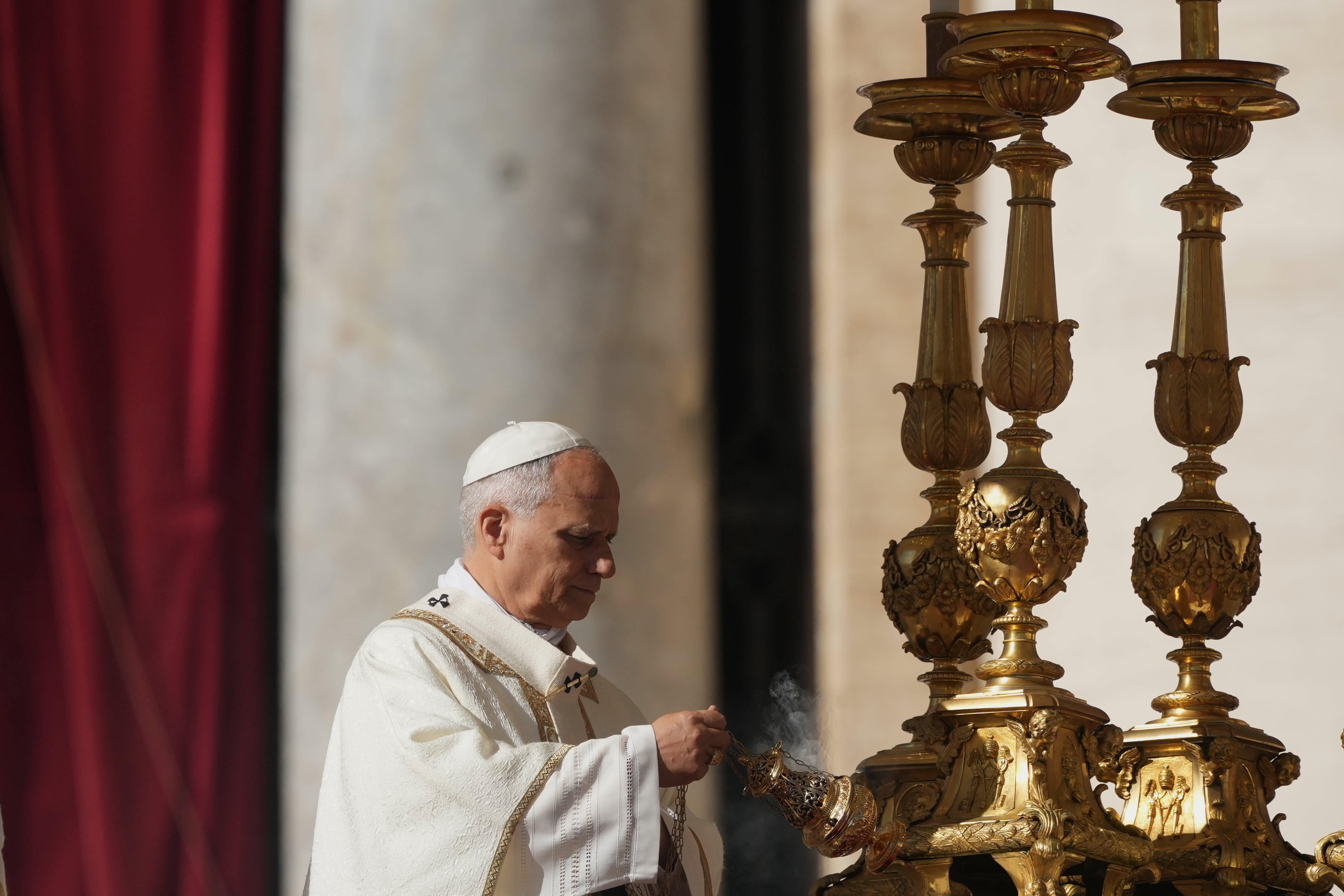The Vatican has clarified the Virgin Mary's role in the Catholic Church, stating that she did not help Jesus to save the world from damnation.
A new decree from the Holy See's top doctrinal office, approved by Pope Leo XIV, instructs the world's 1.4 billion Catholics not to call Mary the "co-redeemer".
The instruction affirms that Jesus alone saved the world, settling a theological debate that has long perplexed senior Church figures and caused rare disagreements among recent popes.
"It would not be appropriate to use the title 'co-redemptrix'," said the text.
"This title ... (can) create confusion and an imbalance in the harmony of the truths of the Christian faith."
Catholics believe that Jesus redeemed humanity through his crucifixion and death, before rising again three days later.
Church scholars have debated for centuries whether Mary, who Catholics and many Christians call the Mother of God, helped Jesus to save the world.
The late Pope Francis fiercely opposed granting Mary the title of "co-redeemer", and at one point called the idea "foolishness".
"She never wanted to take anything for herself from her son," Francis, who died in April, said in 2019.
Francis' predecessor, Pope Benedict XVI, also opposed the title.
His predecessor, Pope John Paul II, supported it. However, he stopped using the title publicly in the mid-1990s after the doctrinal office began expressing scepticism.

The new Vatican instruction highlighted Mary's role as an intermediary between God and humanity. By giving birth to Jesus, she "opened the gates of the Redemption that all humanity had awaited", it said.
According to the Bible, Mary's response to the angel who told her she would become pregnant was: "Let it be."
Leo shakes up the church
Earlier in October, Leo rolled back some of Francis’s more questionable financial reforms and decisions, cancelling a law that had concentrated financial power in the Vatican bank.
Leo completely abrogated the 2022 law that had decreed that management of the Holy See’s assets was the “exclusive responsibility” of the Institute of Religious Works, or IOR.
The new law says the Holy See generally does use the IOR, but can turn to non-Vatican banks in other countries if the Vatican’s investment committee “deems it more efficient or convenient” to do so.







